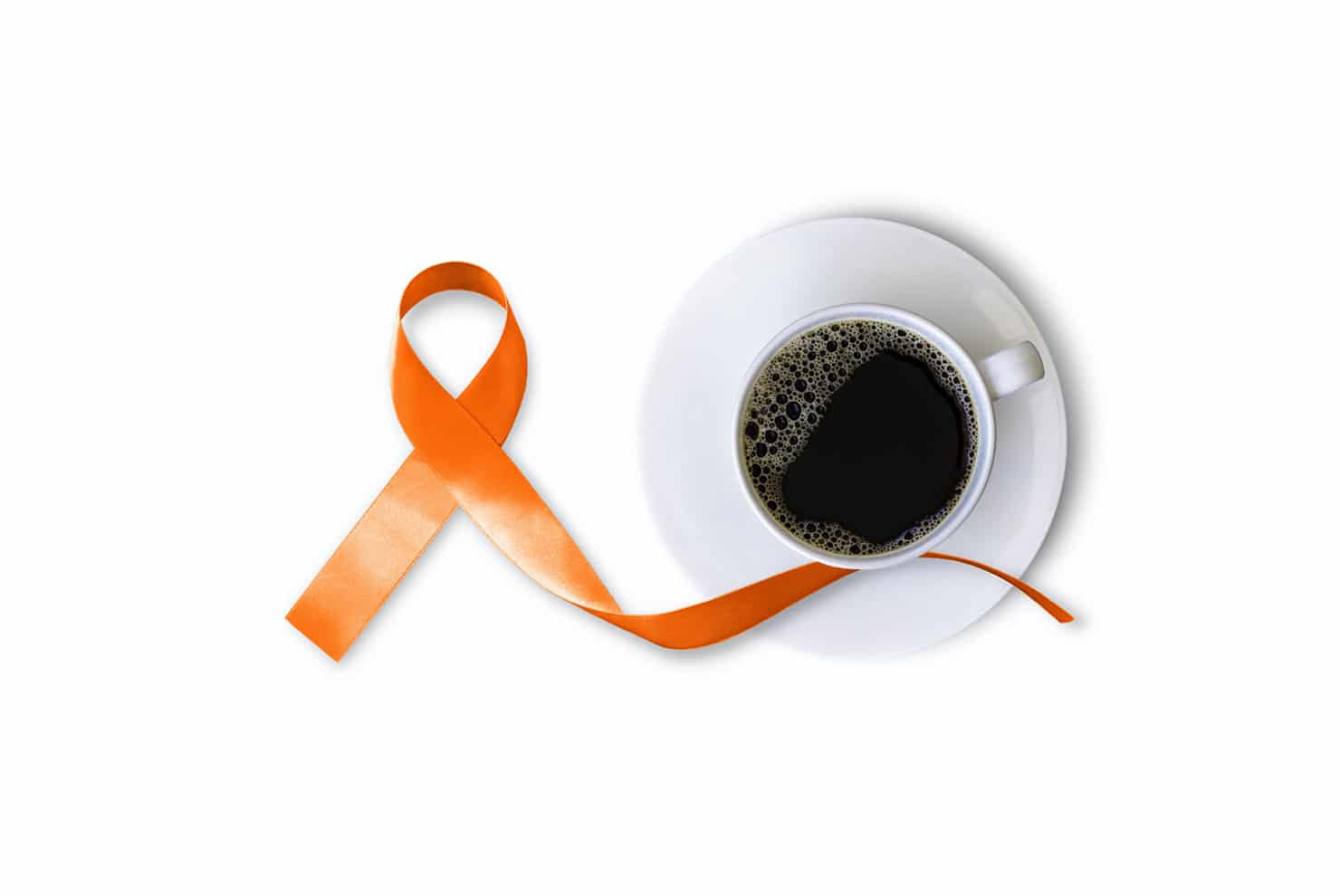
Maybe I’m preaching to the choir here, but coffee is a great pick-me-up. Be it to dust off the cobwebs after a good night’s rest (or a bad one even) or to wash away the mid-day malaise, coffee is always there to put a pep in your step and give you just a little extra focus. But it turns out coffee can do more than just provide a touch more energy to those diagnosed with Multiple Sclerosis. A new study finds that drinking coffee can help lessen MS-related fatigue in those dealing with milder cases of the illness.
As reported by Multiple Sclerosis News Today, fatigue affects over 70% of all people with MS, with one study finding that 14% of those polled stating it was “their worst symptom” and 55% citing as “among the symptoms that most affect them.” As the article notes, MS-related fatigue is not simply a feeling of tiredness but “extreme exhaustion that occurs suddenly or can be triggered by factors like activity, stress, infections, or digestion.” Per the article, “there is no clear therapeutic recommendations to tackle fatigue in MS.”
Enter coffee. To examine coffee’s effect on MS-related fatigue, researchers at Germany’s University of Regensburg Hospital took a look at the coffee consumption habits of 124 MS patients, with a median score on the expanded disability status scale corresponding to “mild disability.” Levels of fatigue in participants were assessed using the Fatigue Severity Scale as well as the Epworth Sleepiness Scale and were compared to coffee consumption rates. Researchers found that while there was little difference in daily coffee intake between those scoring in the mild versus the significant disability ranges, those with milder cases “reported better concentration and attention spans, and a more structured daily routine.” The researchers state:
MS patients with an EDSS score higher than 0, but lower than 4, noted the strongest effect of coffee consumption on their cognitive abilities, mainly regarding a higher mental capacity and a more structured daily routine…
It can be hypothesized that these patients are able to benefit from the effects of coffee consumption due to their still preserved cognitive reserves.
These findings are observational in nature, and with such a limited sample size, it is far from a doctor recommendation for all persons with Multiple Sclerosis to develop a robust coffee habit as a cure for one of the disease’s most debilitating symptoms. More research is needed but this limited study offers hope.
Zac Cadwalader is the managing editor at Sprudge Media Network and a staff writer based in Dallas. Read more Zac Cadwalader on Sprudge.
























